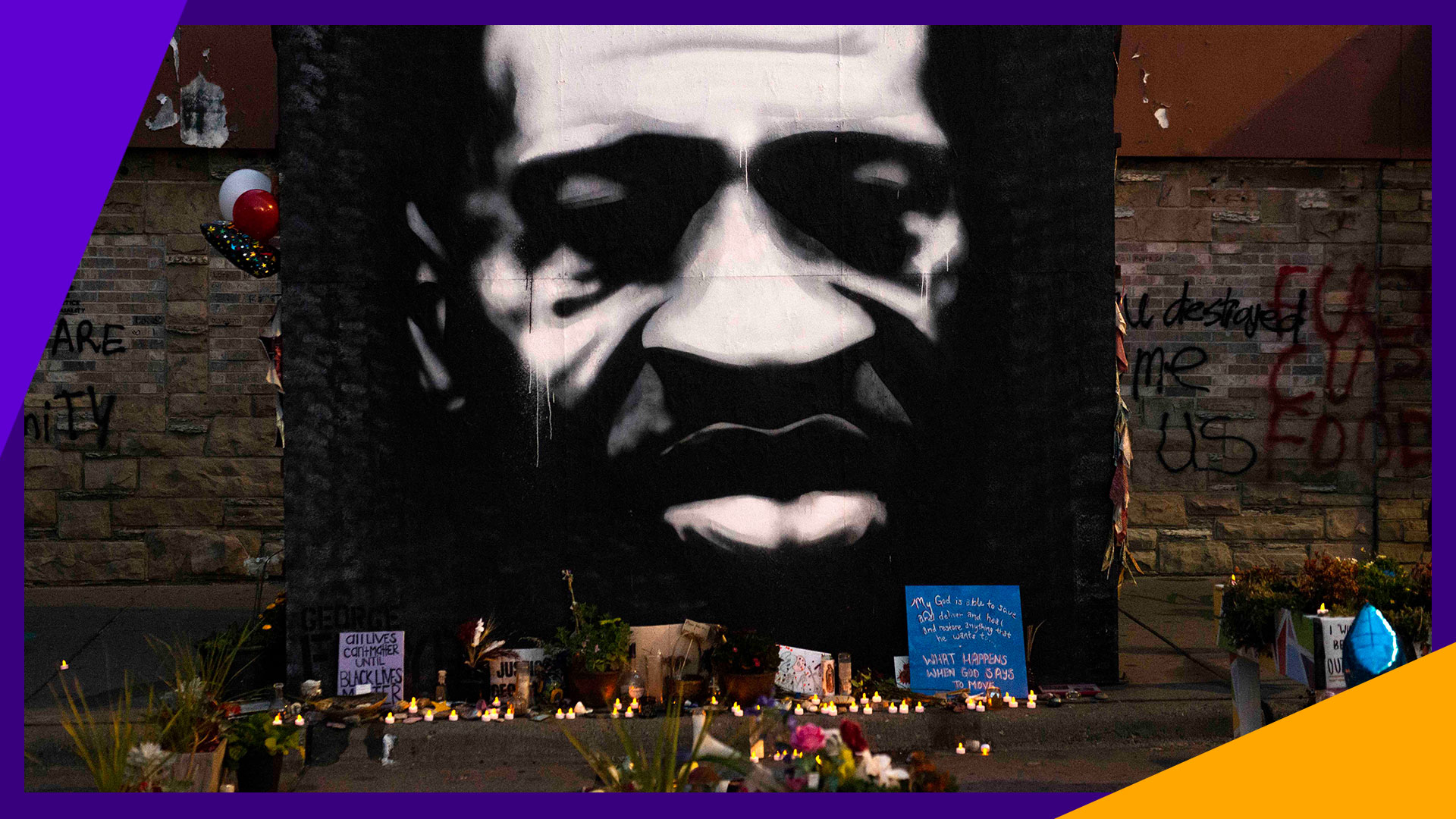
The effects of racial trauma on health and well-being are complex and well documented, and can be severe.
For marginalized groups, like Black people and other BIPOC communities, continuous discrimination and racism become a form of chronic stress, explains Jessica Jackson, PhD, a Houston-based public speaker, researcher, and licensed psychologist in private practice. (Much research shows this, as well as that the health consequences of racism and discrimination can be passed down from one generation to the next.)
Research shows that higher allostatic load — the wear and tear on the body caused by chronic stress — may explain some of the Black-white disparities in mortality in the United States, according to a study published in 2012 in the Journal of the National Medical Association.
Researchers looked at data from the National Health and Nutrition Examination Survey and compiled allostatic load scores for participants based on metabolic, cardiovascular, and inflammatory measures (like blood pressure, blood hemoglobin levels, and cholesterol). After controlling for age and clinical conditions, socioeconomic status variables, and health behaviors, higher allostatic load among Black people partially explained higher mortality rates.
Data from the Jackson Heart Study (an ongoing study that started in 2000, following more than 5,000 African Americans to better understand disparities in cardiovascular disease) has revealed that higher levels of perceived discrimination among African Americans in the United States is linked with poorer health behaviors, such as sleeping less and smoking, as well as worse health outcomes, such as higher incidence of obesity.
Part of what makes racial trauma so insidious, says Smith Lee, is that many of the symptom’s stem from the fear that similar traumas will happen again. “There’s a fear of not just how a person of color may be treated or of an isolated event, but that their safety is at stake and that this can happen again,” she explains.
When you’re mentally and emotionally always on guard like that, it creates a physiological stress response — it produces cortisol, she explains. That’s normal and healthy if it happens on occasion in response to a stressor you need to deal with. But if it’s happening all the time, it can cause all sorts of damage to the body and contribute to anxiety, heart disease, depression, and psychological or cognitive impairment.
Angela Neal-Barnett, PhD, professor and director of the Program for Research on Anxiety Disorders among African Americans in the department of psychology at Kent State University in Kent, Ohio, adds that some people who are exposed to incidents of racism and racial trauma or stress for prolonged periods may experience symptoms similar to PTSD.
According to a review on the topic published in 2019 the journal American Psychologist, those symptoms can include such as:
• Hypervigilance
• Depression
• Avoidance
• Suspiciousness
• Chronic stress
• Physical symptoms like headaches, heart palpitations, and others
Also problematic is the fact that the burdensome effects of racism start accumulating from an early age. A review of 121 studies published in the journal Social Science & Medicine found that racial discrimination can lead to adverse emotional, psychological, and behavioral outcomes, like extreme paranoia, hypervigilance, and withdrawal, in young people starting as early as age 12.
And it’s worth noting that the intersection of multiple marginalized identities can compound the effects of racial trauma.
A study published in American Psychologist in 2019, for example, analyzed data explaining how the combination of nativism, racism, sexism, and anti-immigration policies together contribute to a unique type of ethno-racial trauma for Latinx individuals and communities.





